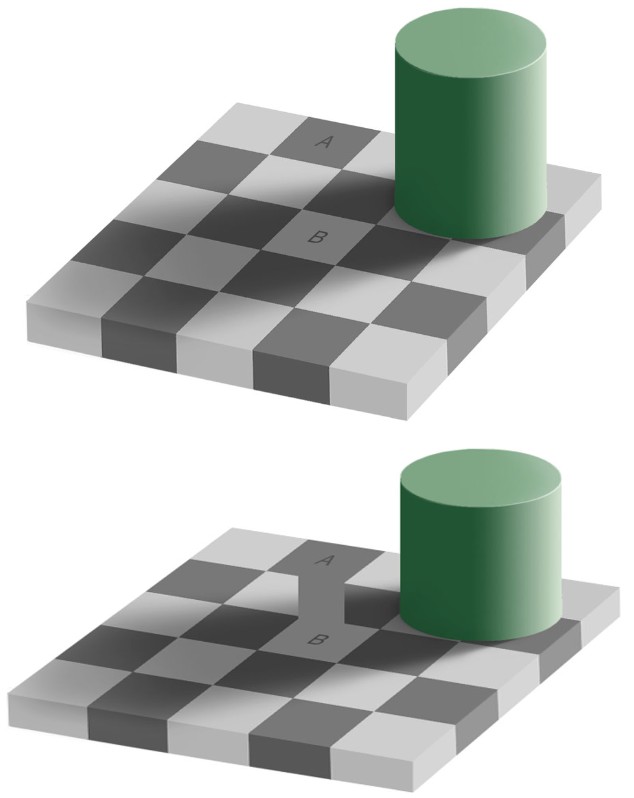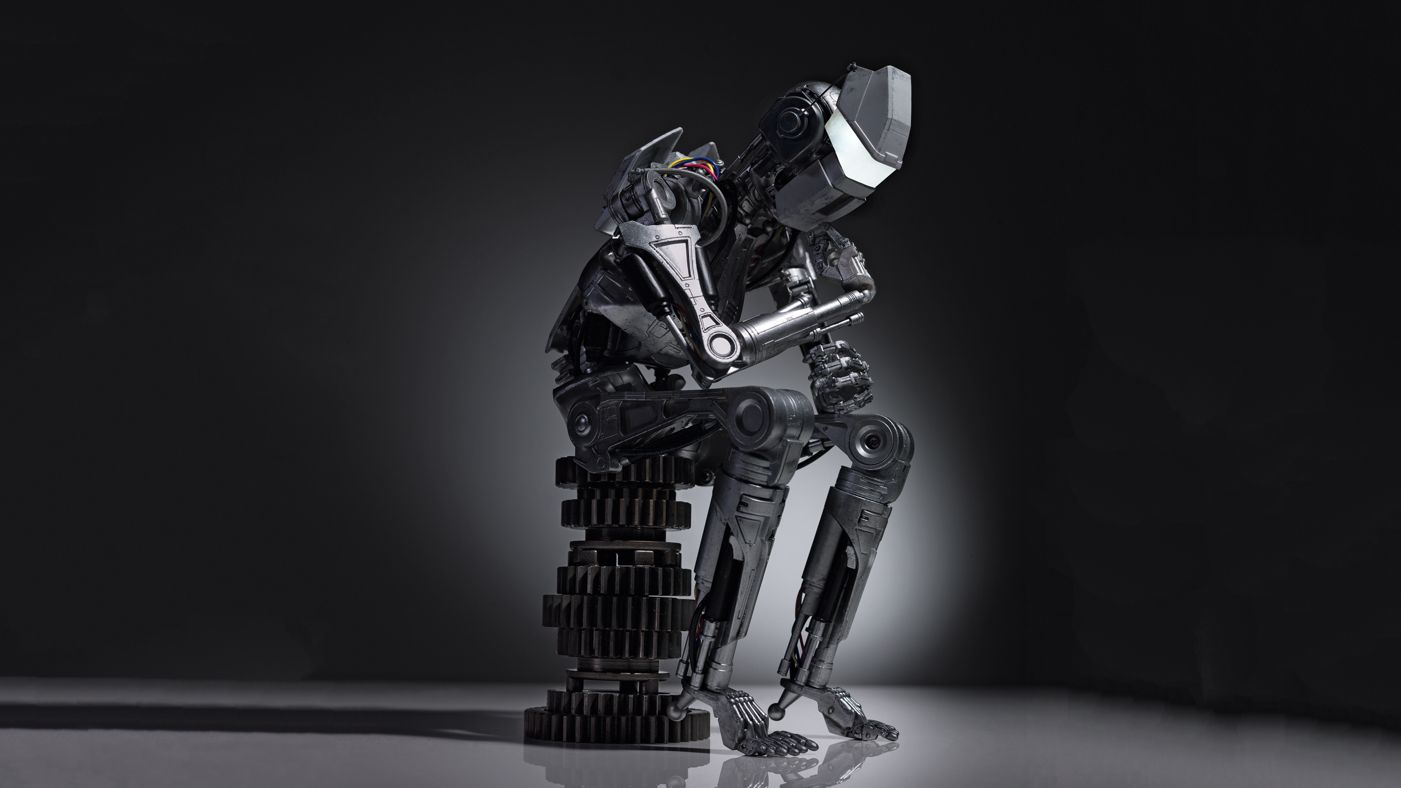
As disturbing as it may be when you take time to investigate and think deeply about it, studies about the depth of inaccuracies we inadvertently create in our memories is quite fascinating. Julia Shaw’s recent book The Memory Illusion shows how she was able to convince 70% of participating college students that they’d committed a crime that never happened. Moreover, she used techniques commonly used by police interrogators so her results call into question the effectiveness of attempts to elicit confessions out of criminal suspects. It also sheds quite a bit of light on how people who gaslight can be so effective at getting other people to question their realities.
Dr. Shaw is not the only high brow to conduct studies like this. It is becoming well known in the scientific community that not only are our memories quite malleable, they are highly susceptible to change over time and each time we take time to recall them. With that in mind, how sure can we really be about that embarrassing moment we had in highschool? or that really cool accomplishment we achieved in college? While we, as individuals, probably shouldn’t feel quite so certain about specific details that happened, Dr. Julia Shaw notes that we remain stubbornly confident about our false memories. If her patients were confident about false memories, how much more confident are we about memories that have been altered and modified because we’ve turned them over in our brain many times and over many retellings? While research is still young, we have to wonder whether false memories are much more inaccurate than memories we’ve inadvertently modified simply by recalling a particular event one too many times.
The ramifications are fascinating on a very surface level but when we think about these issues more deeply, we should remember that we form our identities based upon our memories of events we’ve experienced. If those events are not quite how we remembered, our identities are (to some degree) based upon bad information. Okay – I’m getting a bit metaphysical but let’s look at this a little more carefully because there are more reasons to be concerned about our memories.
Memory Building
We build memories based upon our perceptions of what happens, right? Scientists have recently discovered that we humans respond differently to computer simulations when we believe another person is remotely participating in the simulation. If we believe a computer is in control over the entire simulation, we respond with fewer emotions. If we believe a human is remotely interacting with us, we become more emotionally involved in the simulation. In the experiment I linked to earlier in this paragraph, every simulation was machine dominated and yet humans were prone to become emotionally connected to simulations where they falsely believed other humans were remotely participating. It is well established that emotions affect our memories and our perception of events. If our emotions can be tricked so easily, how much confidence can we place in them in a world where our ability to create virtual reality is nearing the point where simulated realities will soon be indistinguishable from reality itself?
These types of conundrum are more fundamental than emotions, however. The top diagram below appears to show A and B as very different colors but the bottom diagram shows that they are, in fact, identical.

This illusion demonstrates that our idea of color is more about how we perceive one color in relation to something else than it is about accurately perceiving any given color. Artists are well aware of this phenomena but it’s application to other senses and, perhaps, our mental responses, is metaphysically challenging to consider. We begin to not only ask ourselves: Did that really happen the way I remember it? but we begin to ask ourselves: Did my faulty perception of that event skew my reality of that experience? In other words, after we ask if our memory has been accurately recalled, we also have to ask if something adversely affected how that memory was created. Then, we have to delve a little deeper: If faulty perception led to a false memory or if faulty recollection of that memory leads me to inaccurately understand what truly happened, did any of that misperceiving/mis-recalling play any role in forming my identity? my perception of someone else? the world around me? All of these questions are crucial for the self-introspecting individual to consider.
Improving Memories or Brains – What is More Important?
Entrepreneurs and successful individuals preach by the hundreds about the importance of learning to master our thinking. These scientific discoveries I’ve been talking about suggest that these entrepreneurs may be on to something – changing our perception about things is possibly more powerful than processing what we believe actually happened. And now, there may be scientific evidence to back up their idea that how we perceive something may be more important than whatever actually happened.
There is relatively new brain imaging referred to as fMRI that allows doctors to show patients live brain imaging and other images that can train us to reduce pain and other negative sensations or fears simply by using our own brains. An arachnophobe calmly pets a tarantula after therapy, a burn victim feels less pain, etc. On the one hand, that sounds awesome – we can train our brains to respond better to dangerous or difficult situations. We can alter our perception of things so that we respond properly (or at least, in a healthier way) in most or every instance – that’s encouraging and exciting. However, it also shows us that our responses to things are innately, biologically flawed. And that should offer us strong reason to apply a healthy dose of doubt upon our over-confidence in recalling memories.
More Complications and Assassin Hunter Revamped
I’ve been studying updates on these technologies/topics because I’m writing about the ramifications related, future technologies could create for an upcoming novella (or perhaps, novelette) called Assassin Hunter. I’m expanding a previous short story that was included in 5 Blades. The truth is, even as we’re learning to implant false memories into people via social pressure (as discussed above) and via physical memory implants, it will take many decades to successfully uncover the ramifications of how these technologies will affect our lives.
For instance, Dr. Julia Shaw’s patients were initially reticent to believe in the false memories she encouraged them to embrace. It took multiple visits with Dr. Shaw before they were willing to cling onto their false memories. Will similar periods of adjustment be required for memory implants? Or, will we immediately accept the memory implant as accurate but, based upon other, conflicting memories or will we suffer enough cognitive dissonance to trigger discomfort over which reality we should accept? Or, will conflicting details cause us to unconsciously edit our memories as we recall them (similar to what we already do) to create a unified memory that resolves any perceived contradictions? If someone is aware of memory implants, will their awareness create skepticism sufficient to prevent electronic brainwashing? or will it have no effect whatsoever? Will drugs affect how thoroughly or well we accept memory implants or false memories or will their effects be temporary or ineffectual? Probably most importantly, when technologies allow memory implants and when better understanding of triggers that lead to false memories are sorted out, how will our children or grandchildren ever be certain of the reality they live in? Or, does that matter at all?
If these questions intrigue you, check out for Assassin Hunter (now available in paperback). Here is a free excerpt: Chapter 1.



1 Response
[…] How Reliable is Your Memory? Your Identity? As disturbing as it may be when you take […] […]